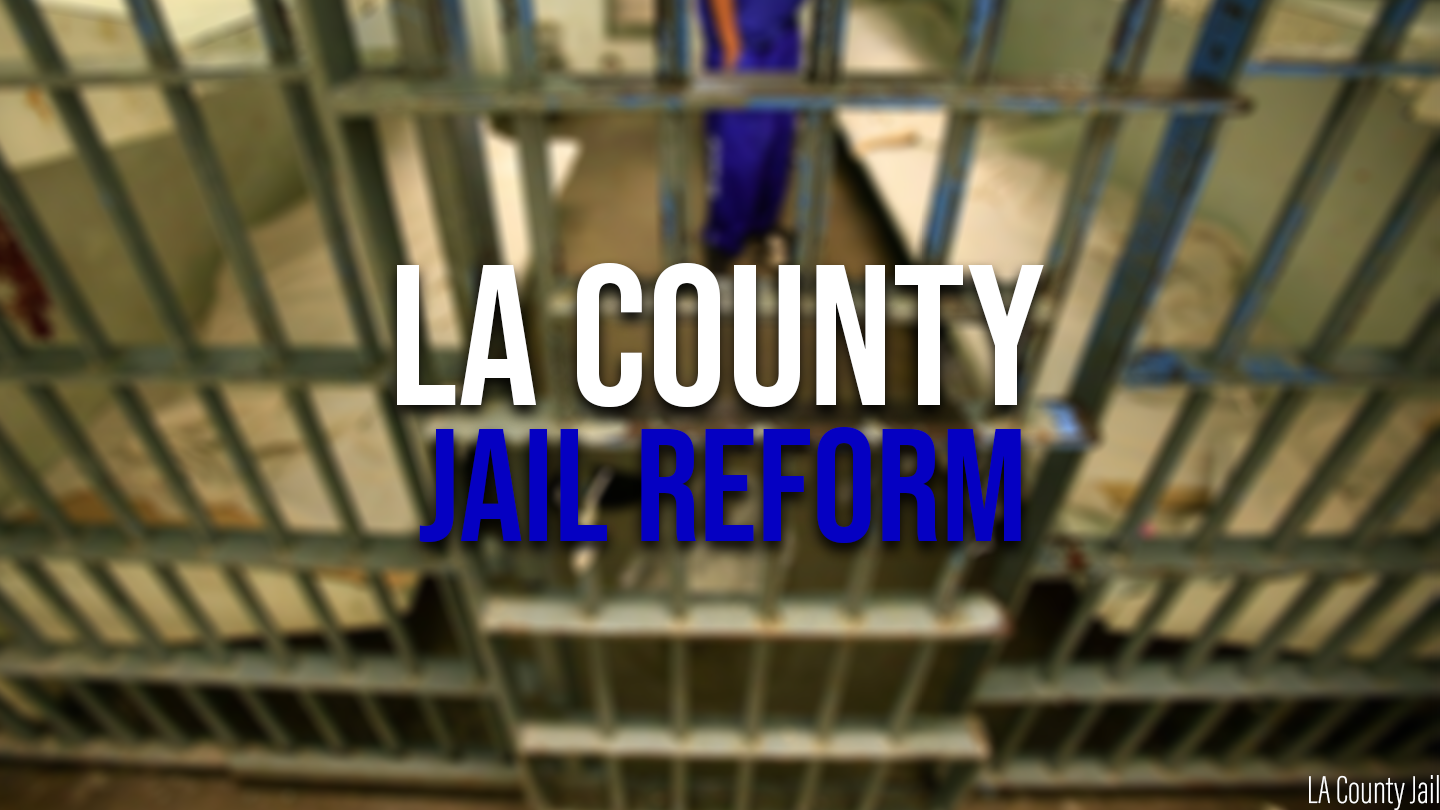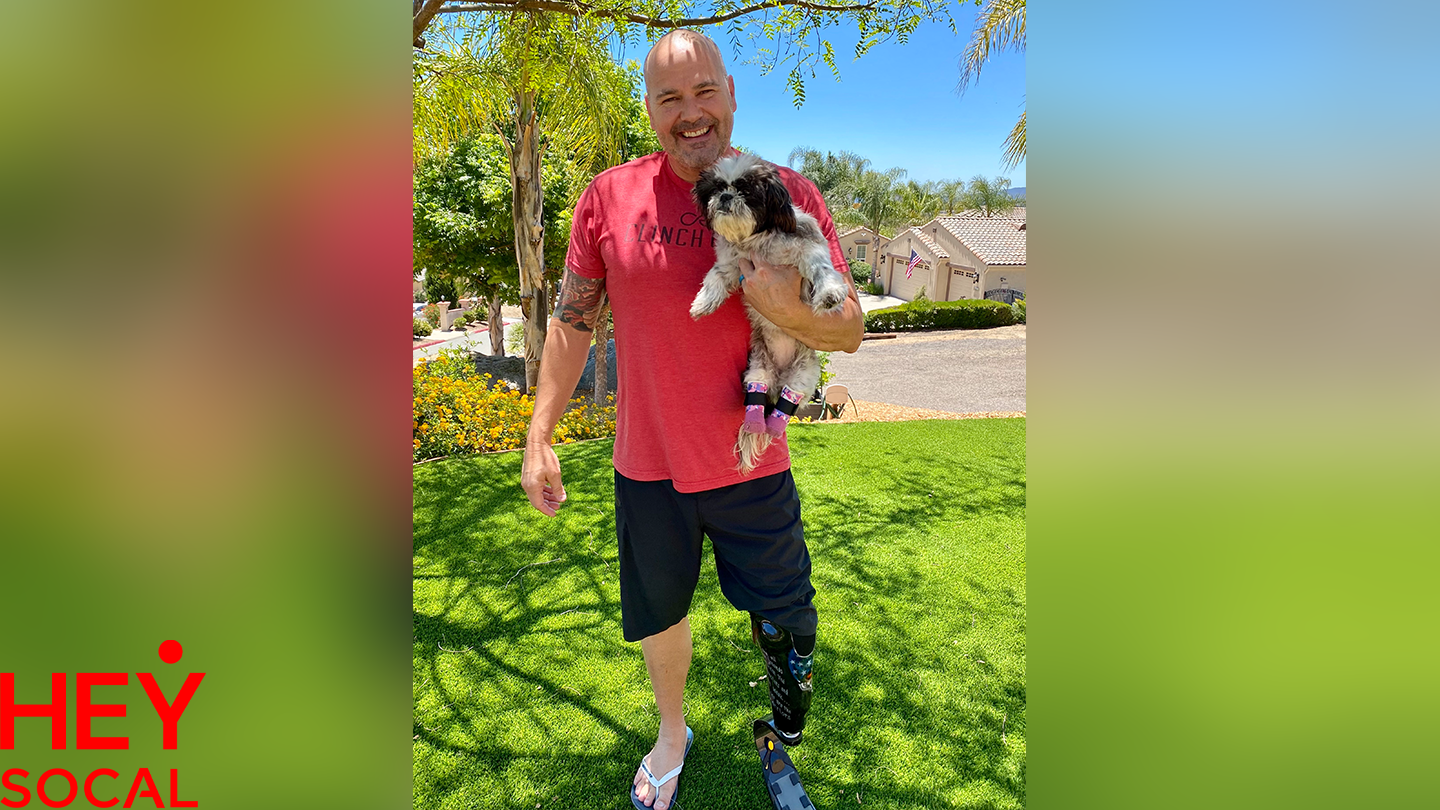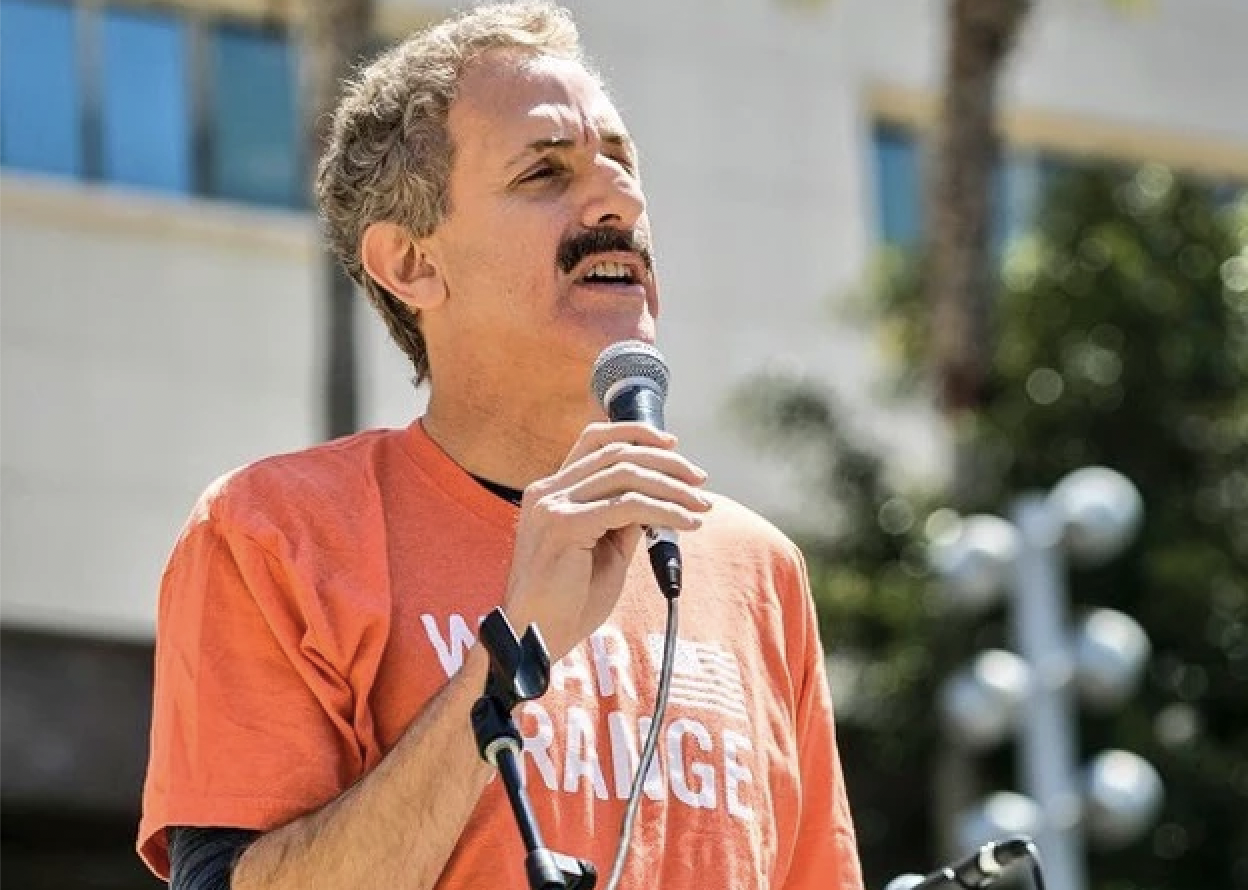The Los Angeles County Board of Supervisors voted Tuesday to look at whether the county can offer free phone calls to jail inmates and also eliminate steep markups on basic items sold in jail commissaries.
Supervisors Hilda Solis recommended that the county CEO work with the Sheriff’s Department and Office of Inspector General to consider alternatives to the current phone contract — which charges 25 cents per minute and is up to be re-bid in October.
“Communication with family and friends is not only vital for a person who is incarcerated, but it has been shown that it provides a major connection and a large role in helping with someone’s success upon release and entry,” Solis said. “The idea of profiting off families who may still be struggling is not fair.”
Solis rattled off jail commissary pricing for a host of items, including an eight-ounce bag of Flamin’ Hot Cheetos that sells for $5.33, more than double the LASD cost of $2.51. The commissary prices a four-ounce bag of Keefe Instant Coffee at $7.47, while the department’s cost is $3.51.
Supervisor Holly Mitchell reminded everyone that people in custody need to pay for their own basic hygiene items like deodorant and toothpaste. Since county inmates are not allowed to work, they have to rely on family and friends to fund an account in their name.
A 2.75-ounce Freshmint toothpaste is marked up from a cost of $1.02 to $2.16.
While in the California Senate, Mitchell sponsored a statewide bill — ultimately vetoed by Gov. Gavin Newsom — that would have capped jail phone and commissary costs.
She said she told sheriffs who opposed the bill, “If they were running any other organization or in their own household, they would never enter into a contract with a phone company — that in this day and age, with technology, with fiber optics, the low cost of phone service — it would never occur to them to enter into a contract for a phone call to cost 25 cents per minute.”
One woman shared her experiences in the Central Regional Detention Facility with the board, saying she often couldn’t afford to reach out to her son, who was too young to understand why she wasn’t home.
“When we cut off people from their lifelines because they can’t afford phone calls, we end up paying a steeper price down the line,” she said. “Los Angeles (County) should be negotiating harder for a better contract.”
Solis also called for a review of department revenues generated by phone calls and commissary sales and an audit of how much of that money is used for the benefit of inmates.
Last year, when jails were closed to visitors, inmates made 1 million more phone calls and ran up an additional 20 million minutes as compared with the prior three years, according to Solis.
Revenues for 2020 totaled $20 million, roughly $4-5 million more than in the past three years, according to the motion.
Only the women’s jail at Century Regional Detention Facility has since opened to family visits.
The telecommunications vendor, PCS, offered one free, five-minute courtesy call per inmate a week, but advocates say that’s not enough for people who have not been able to see family or friends for more than a year.
Sheriff Alex Villanueva — who continues to be limited to three minutes of phone time to address the board during public comment — warned that losing these revenues would result in further cutbacks to education and job training programs for inmates.
“You’re actively defunding the county jail system and starving it of the funds necessary to provide the programming. And as a result of that, we’re stuck between a rock and a hard place,” Villanueva said. “Defunding has a cost, and unfortunately, the inmate population is paying the cost.”
An attorney with the American Civil Liberties Union of Southern California, Adrienna Wong, pushed back against the sheriff’s claims.
“Both the OIG and audit-controller have found for years that LASD takes half of these funds to pad the LASD budget for things like salaries and equipment, an exploitative practice of dubious legality,” Wong said. “Phone calls mean everything to families.”
A recent review by the auditor-controller said the methodology used by LASD to allocate funds may result in inappropriately using inmate welfare funds to cover building maintenance costs that should be paid for through the general budget.
Other counties spend a higher percentage of their own inmate welfare funds on inmate programming, according to Solis, though the sheriff said that’s because they are better funded.
Villanueva said he was open to a complete audit, but objected to the involvement of the inspector general in the process.
New York, San Francisco and San Diego have all moved to offer free phone calls in their county jails.






